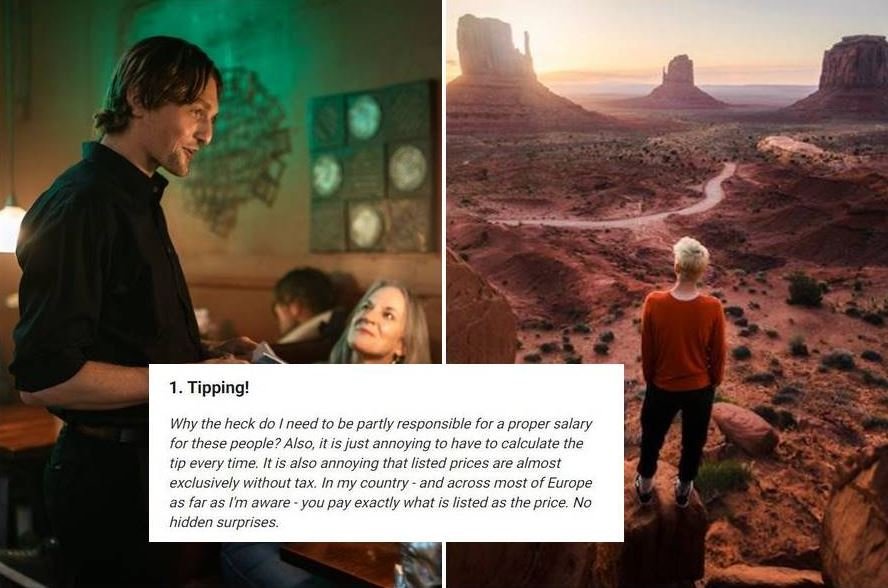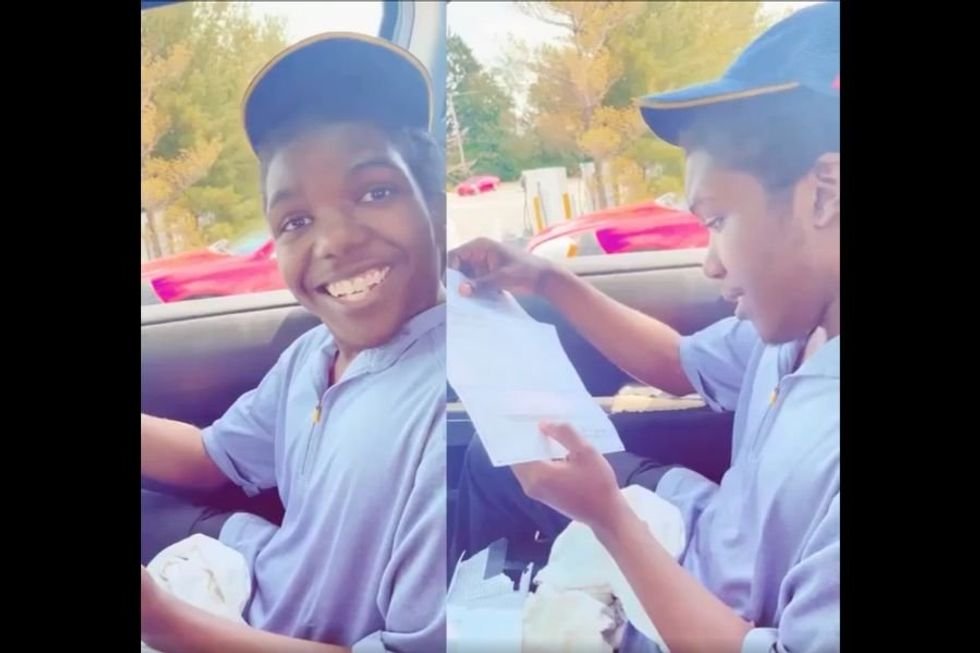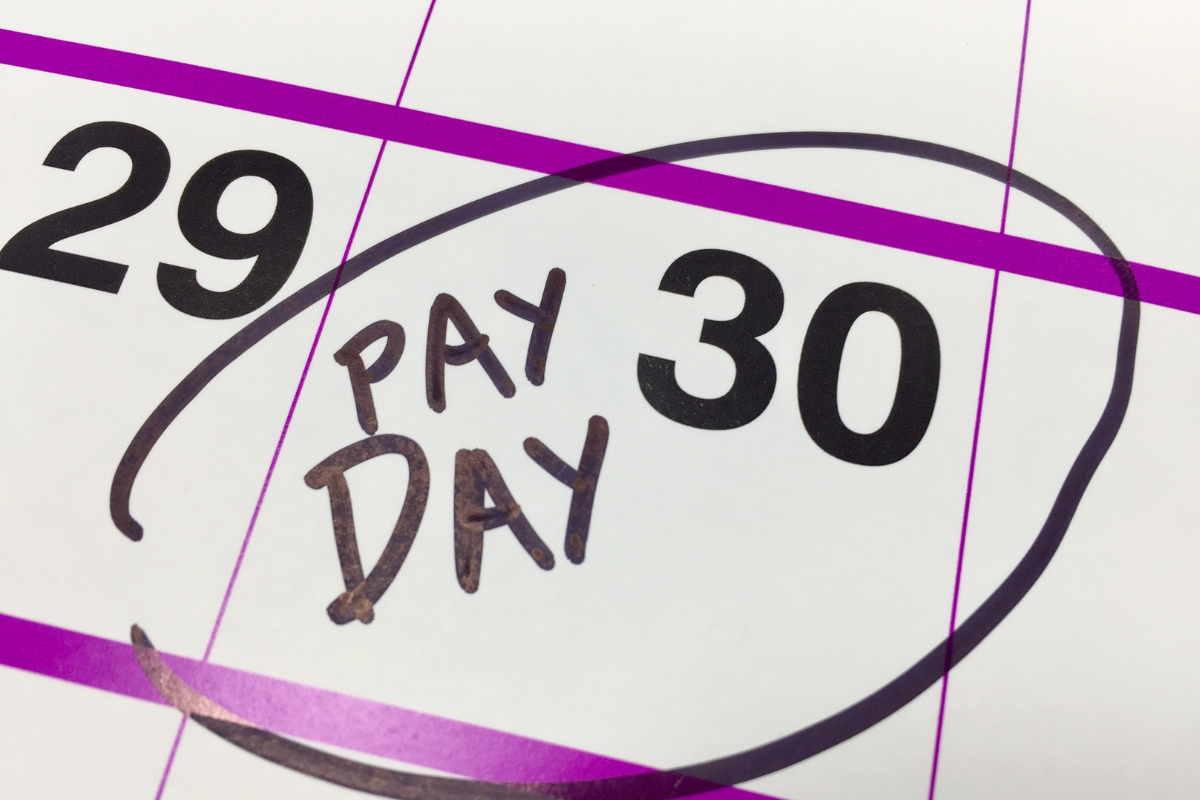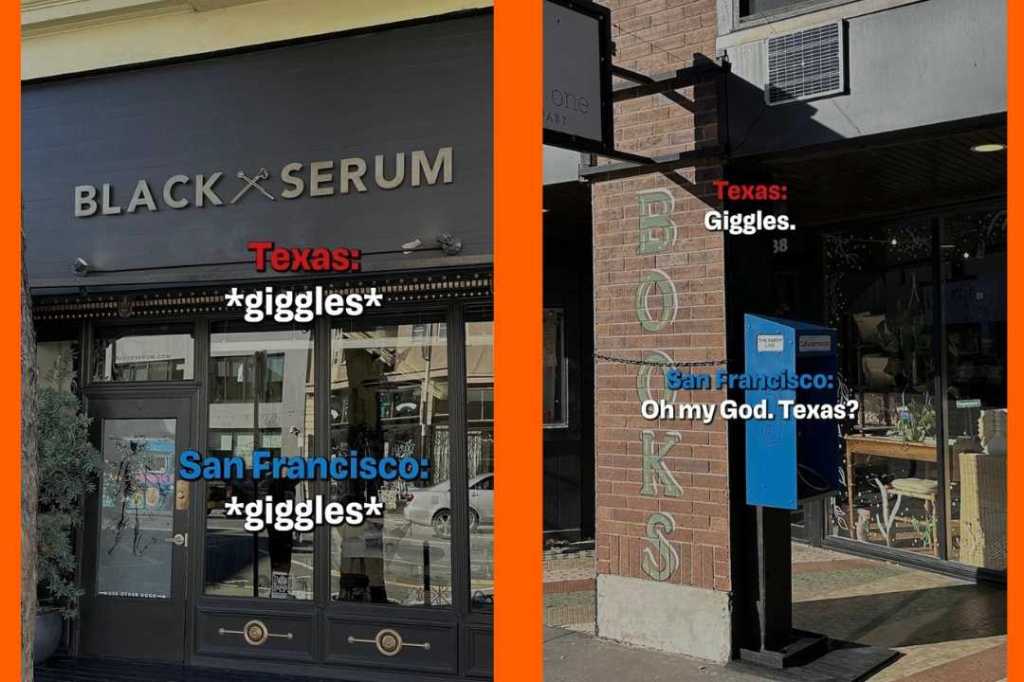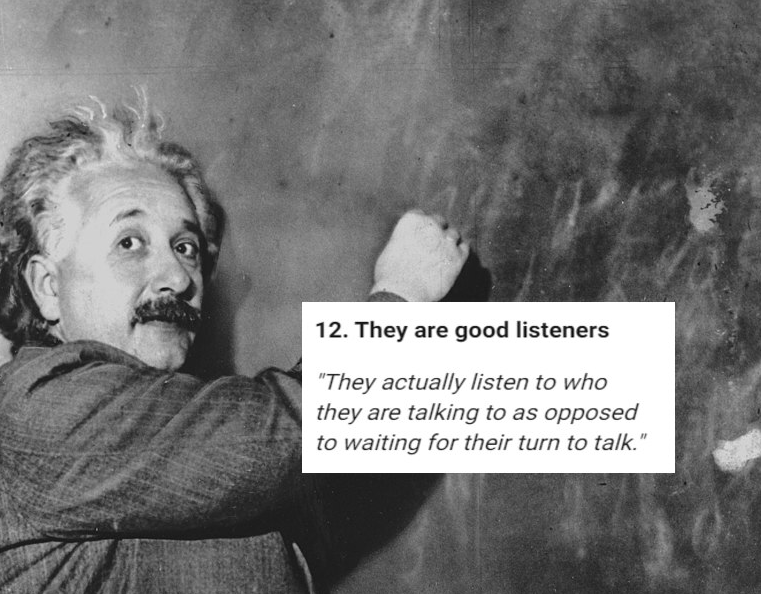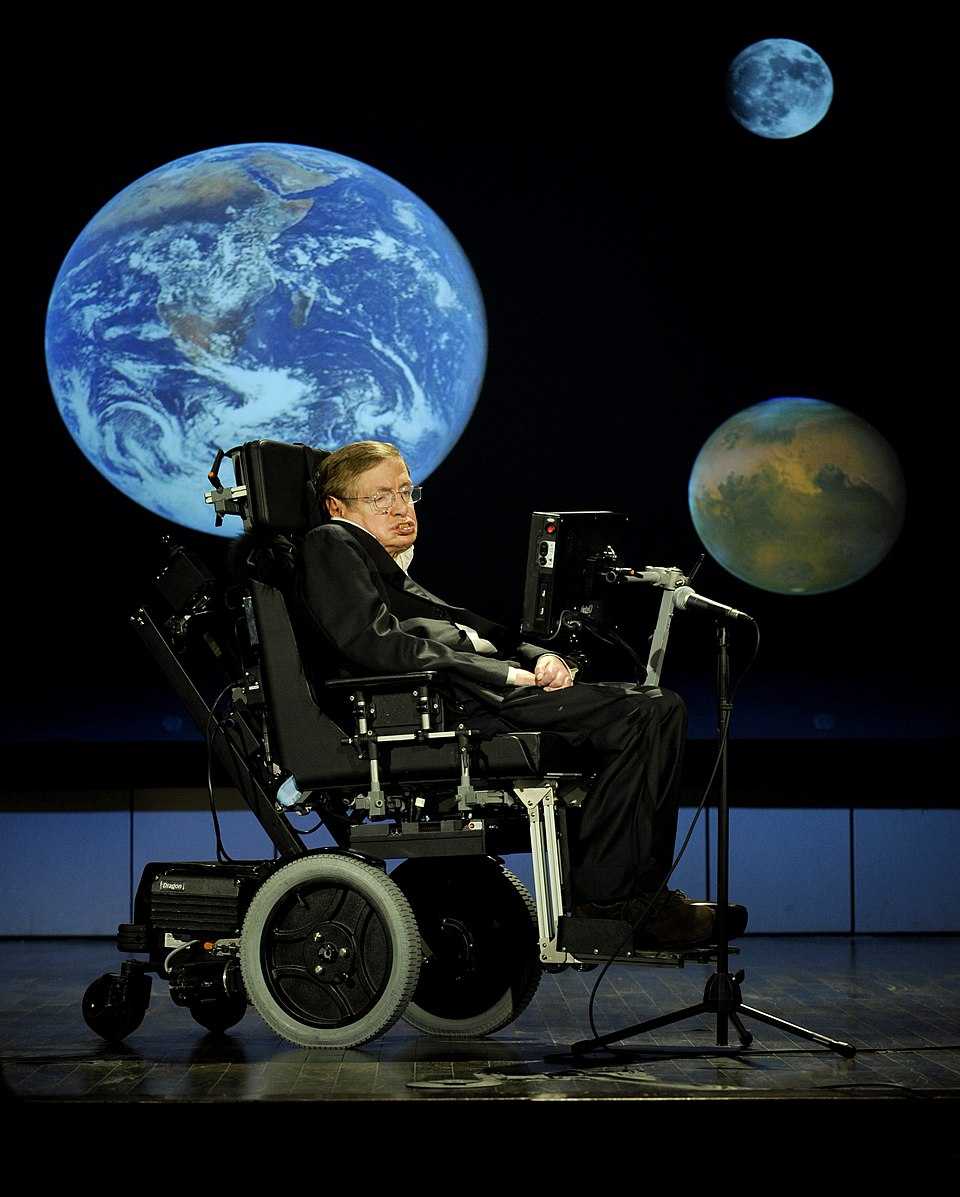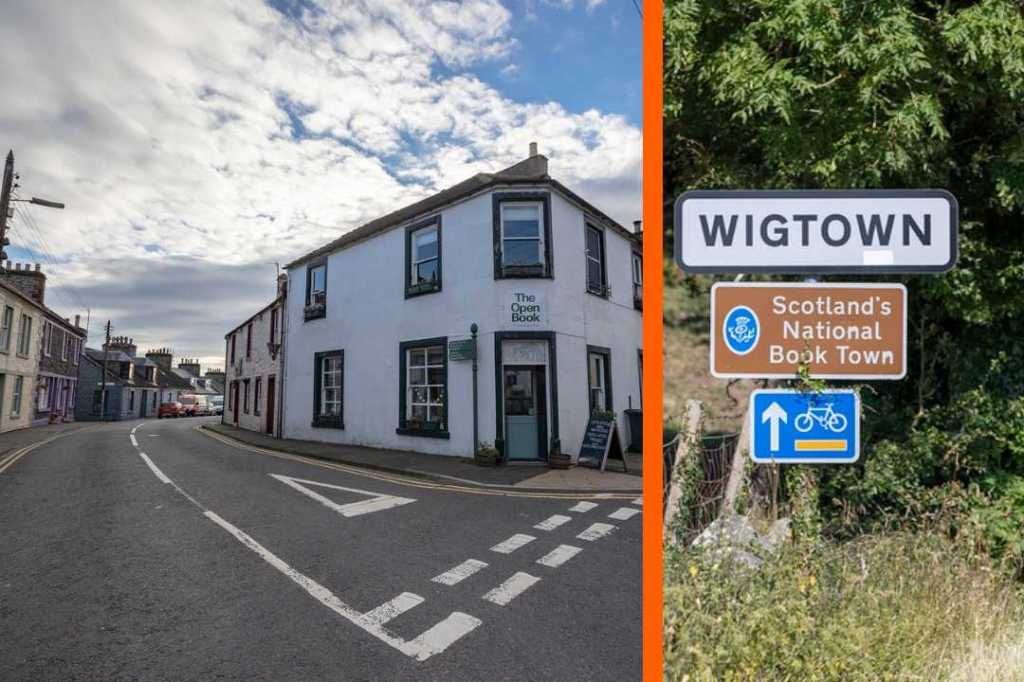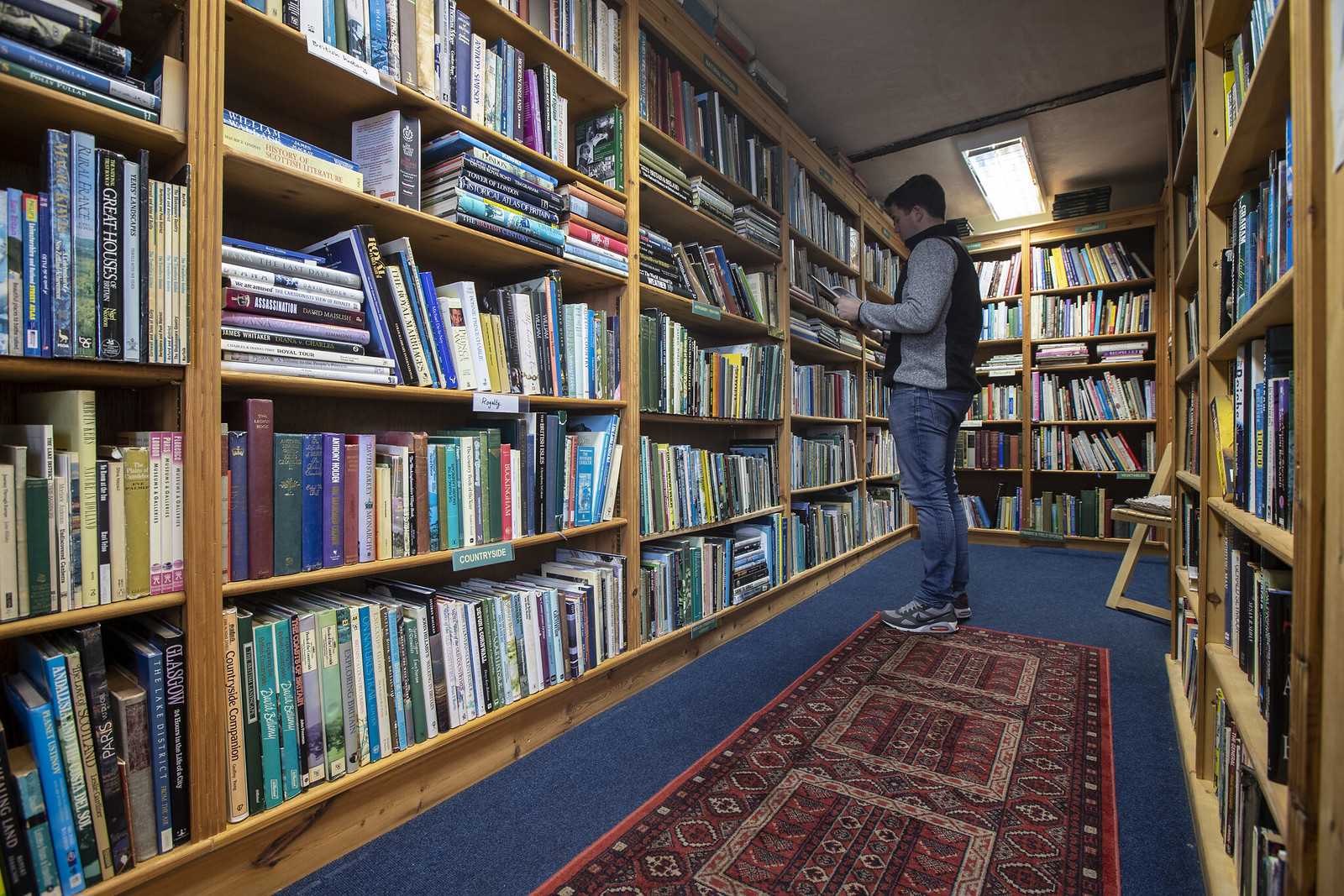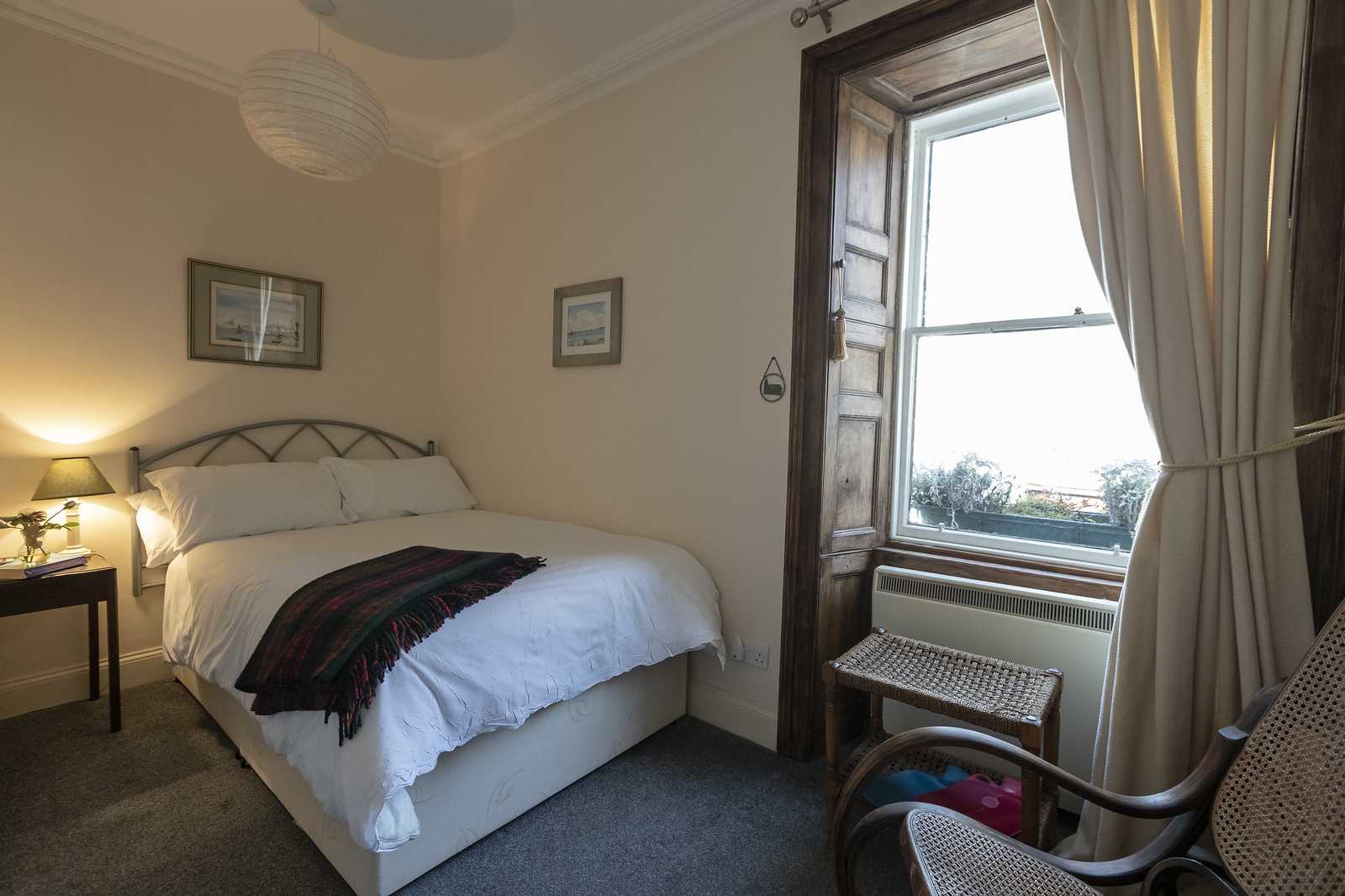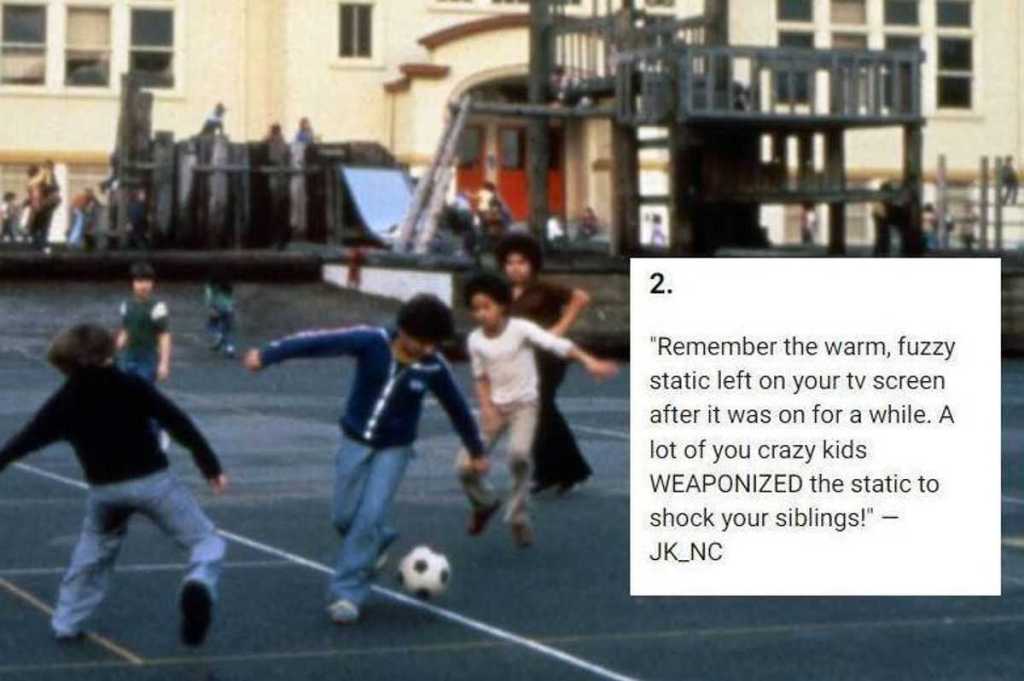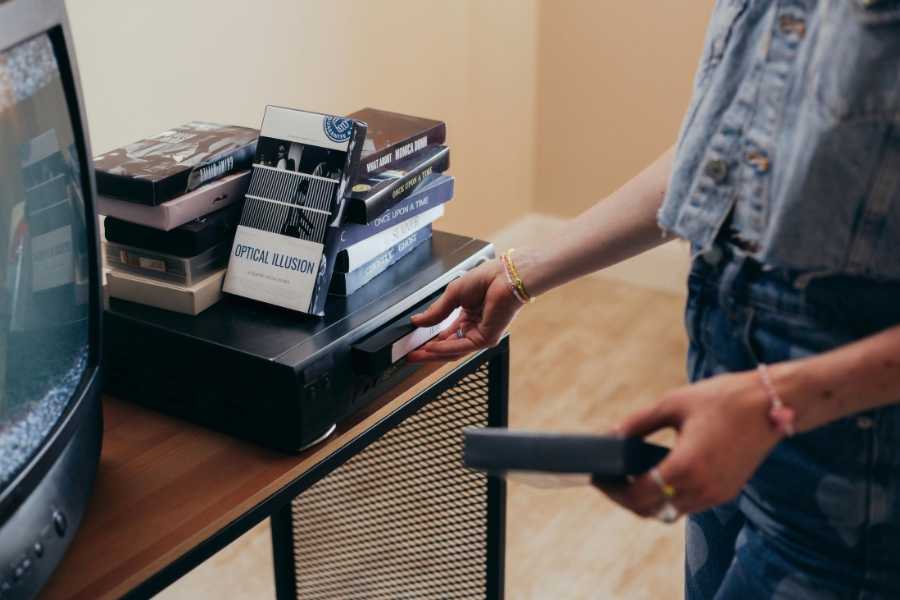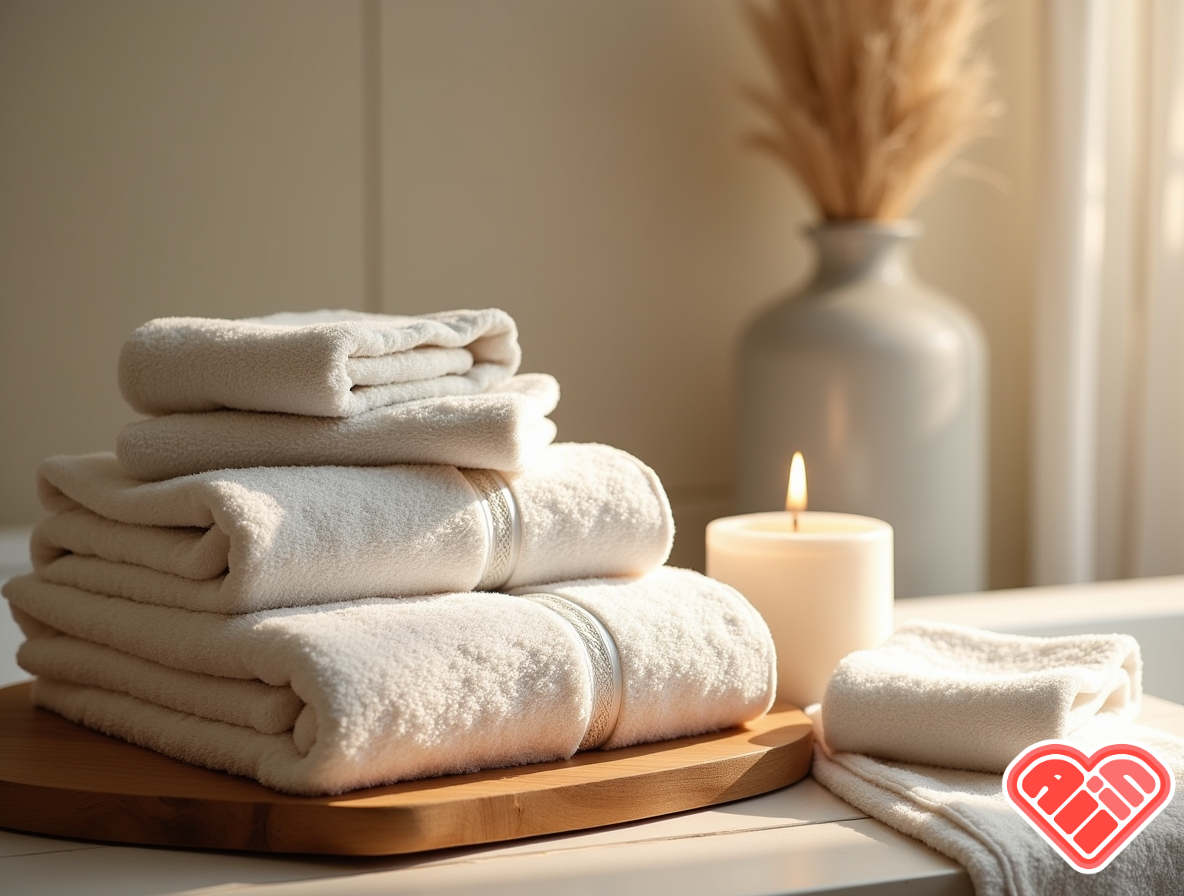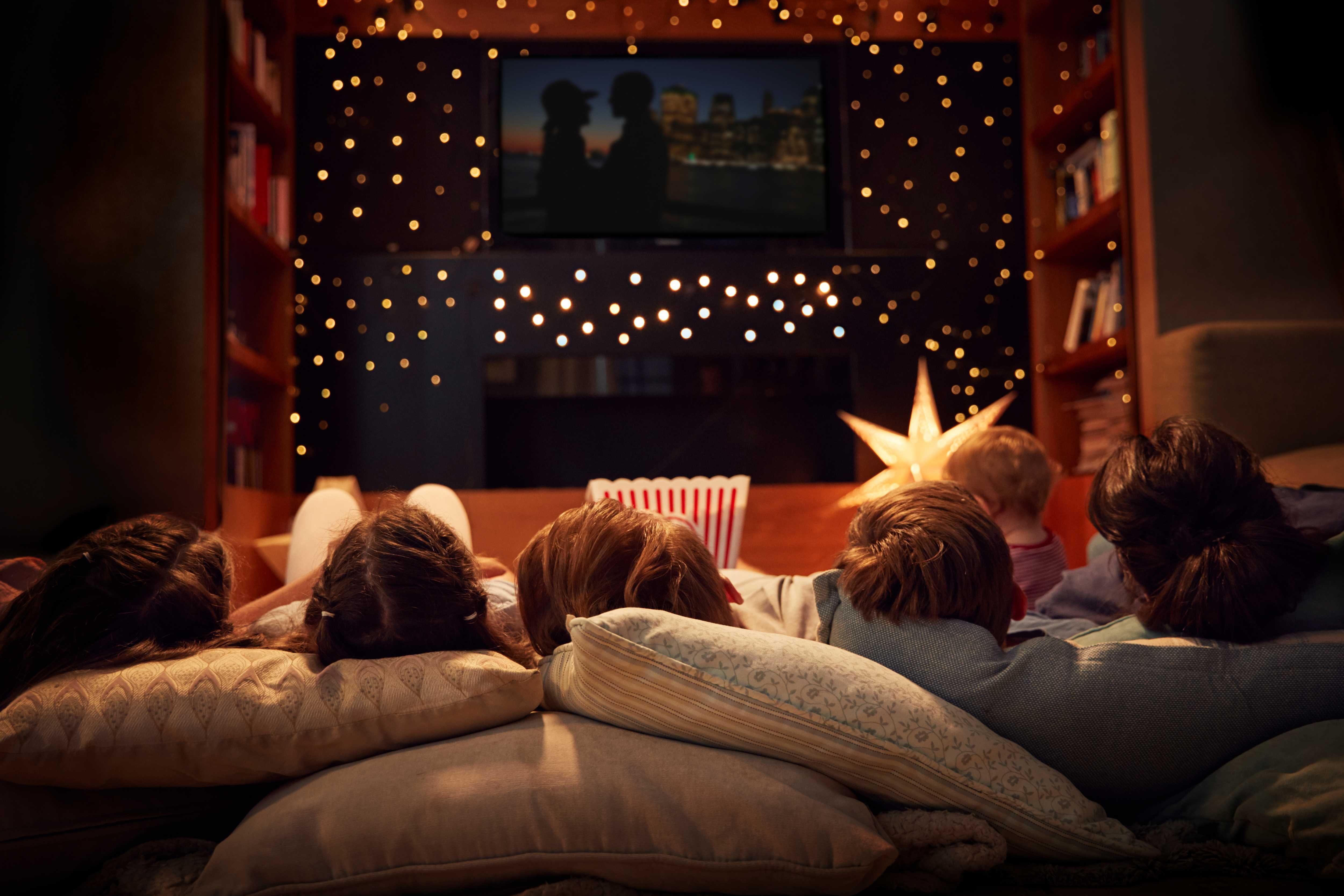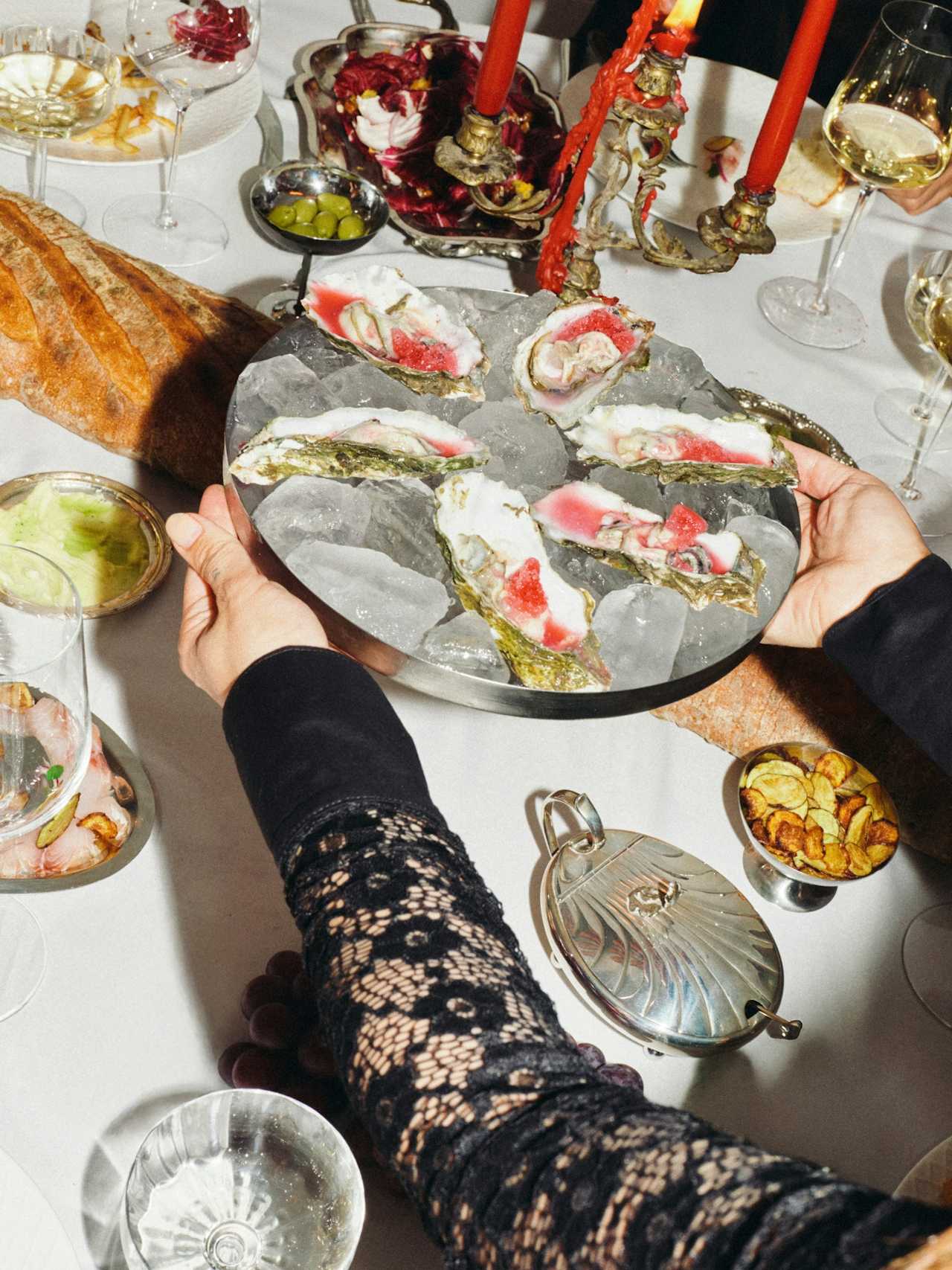When we try to take stock of where we live, sometimes we can be too close to things to appreciate what’s right in front of our eyes. It can also be hard to accurately assess some of the problems we’ve learned to live with over the years.
That’s why a Reddit post by a Dutch tourist who spent some time in the U.S. resonates with many Americans and Europeans alike. In the post, a Reddit user named MikJon shared the things they liked and didn’t like about their time in America.
They noted they didn’t post anything about politics, taxes or healthcare because those issues aren’t relevant to tourists.
Here are the 5 things that they liked:
1. Nature
Raw, wild and untouched, and—most of all—VAST. The sheer vastness AND variety of nature and pure wilderness here are definitely unmatched in Europe. Specifically the little nature we have in The Netherlands is laughable compared to the USA.
2. People
People are generally approachable and friendly. Yes, I do like Americans, at least their overall demeanor. I would be greeted and asked where I’m from, even by someone at the 7-11. In general Dutch people are quite rude.
3. Free refills!
This is a small thing but really unheard of in the Netherlands. In my country, you pay the same price for just one tiny cup of coffee. In fact, all drinks you order are tiny in The Netherlands and you pay for each one.
4. Traffic lights across the street
I can’t for the life of my understand why we still have to lean over the steering wheel and get a sore neck looking straight upward at the traffic lights in Europe.
5. The doggy bag
You MIGHT be able to get to take your leftover with you in certain places in The Netherlands, but it is really not the norm, and would surely raise an eyebrow if you ask. Here it is normal and I find it very good to not let the food go to waste. Besides, I did pay for it so it’s nice to be able to take it with me.
Here are the top 4 things they liked least:
1. Tipping!
Why the heck do I need to be partly responsible for a proper salary for these people? Also, it is just annoying to have to calculate the tip every time. It is also annoying that listed prices are almost exclusively without tax. In my country—and across most of Europe as far as I’m aware—you pay exactly what is listed as the price. No hidden surprises.
2. The food, especially breakfast
Almost everything contains sugar. Breakfast is never with fresh bread and fresh good meats and cheese. In fact, American cheese is awful, but maybe I’m spoiled living in a cheese country. For dinner the food isn’t quite as bad, but it’s still nowhere near the quality and variety that you find in Europe.
3. Plastic!
Too much plastic is a problem in Europe also, but the amount of plastic (and styrofoam or other disposable crap) used here is bizarre. I also find it really bizarre that in every hotel breakfast, it’s all disposable cutlery and plates also. You really NEVER see this in Europe, not even in the cheapest hotels.
4. Imperial measurements
Gallons, miles, feet and especially Fahrenheit is so bizarre. Also because the conversion factor to metric is odd. Almost all the world, as well as the scientific world, uses metric which makes so much more sense in every way. Why does the U.S. hold on to such an archaic system?
A Belgian Redditor named Jakisirtaki mostly agreed with the original poster.
PRO:
European (Belgian) here who just came back from a one-month road trip in the U.S. I’m so jealous of the magnificent nature you have in your country. I saw so many beautiful sights! Please treasure it. I disagree with the low-quality food, I had both really good meals and really poor ones. Best Thai food I ever had was in LA. Also, so many places sell drip coffee just the way I like it, not some watered-down espressos. Loved that! Another like were the many (mostly) clean and free restrooms.
Having to pay for using a dirty restroom in a rest area along the highway in Europe sucks. That being said, some restrooms in the U.S. really didn’t care about my privacy with one-inch gaps everywhere. Driving was so convenient, being a pedestrian not so much. I biked through SF but couldn’t say I felt very safe.
CON:
Dislikes were the tipping culture and prices listed pre-tax. I mean, I ordered food or drinks to go a couple of times where I often had to tip in advance only for something to go wrong with my order. Not getting my tip back am I?
Domina from New Zealand is a big fan of Americans’ “can-do” attitude.
Like:
Sports culture, have-a-go culture, general enjoyment of life, being encouraging of people that are willing to try something or hustle, low barrier to entry for someone starting a business, online shopping, gas stoves, diversity across the different parts of the country, super friendly, most people are big on values, pride in keeping towns tidy.
Dislike:
Tipping (I know you have it already but seriously, what gives), treatment of indigenous history, lack of consumer protection, level of poverty, strange policy-making that reinforces lack of trust in government, occasional respect for road rules, hard-to-access to good quality produce at a reasonable price, no ring-pulls on tinned food.
Just pet peeves. Overall I freaking love being in U.S.! This country rules and will continue to rule!
Edit: I forgot to add innovation. It feels like this country could invent anything.
Kelpo has a real problem with how people get around in Los Angeles.
I went to LA recently and found the car-centric culture suuuuper inconvenient for a tourist. Every time you want to see a thing, you need to research it beforehand and then drive there. Want to see another thing? More research, then drive. In just about any other city I’ve ever been I would just head to the city center and explore on foot and pop in to whatever place looked interesting.
Admittedly it was a short trip and maybe I did it wrong, but the closest thing to being able to just wander around was in downtown, and even there, you occasionally have to walk over a nice 8-lane highway, which is a long way to walk (and be wary of certain neighborhoods and whatever).
That and since a car had to be involved at every step, you couldn’t really stop for a few beers or whatever. I guess locals either plan their days better or drive drunk.
An American who goes by HTC864 took on the original poster’s points one by one and, for the most part, agreed.
Nature
Natural resources have always been the big selling point.
People
People are generally approachable and friendly. I think this changes depending on which area of the country you’re in, but I also don’t know anything about the Dutch in comparison.
Free refills
Just [happy face emoji]
Traffic lights across the street
Weird to me that it would be any other way.
The doggy bag
I wouldn’t have thought this was an issue anywhere. Is the resistance to taking home food a European thing or just in the Netherlands?
Tipping
Hard agree. I think most of us know this system isn’t helpful and should be done away with.
The food, especially breakfast
There are a lot of variances, but we do overuse sugar (and salt) on top of having larger-than-needed portions.
Plastic
Again, hard agree. We need to do more to reduce our overuse of plastics, although we’ll probably never be rid of them.
Imperial measurements
Doesn’t bother my day-to-day, but it would make more sense for there to be one international standard.
A New Yorker with the username inbettywhitewetrust realized they need to appreciate the beauty in their own backyard.
As a New Yorker, it’s funny to see the vastness of nature as the first one. Your post motivates me to go on domestic vacations instead of galavanting around Europe in the summers; I really haven’t seen any of the U.S. aside from the East Coast’s major cities.
Accomplished-Sky-434, an American who recently visited the Netherlands, turned the conversation around and shared what they thought about the original poster’s city.
Pros:
Amsterdam is a beautiful city. It was pretty clean and felt safe too!
Fresh and tasty food everywhere! Maybe this is just my perception from my recent experience but every meal we ate seemed like it was made from fresh ingredients. Made everything seem that much more tasty. Especially the cheese!
The walkability. A 30-minute walk in Amsterdam city center was nothing. If anything it was a delight walking past tiny cafes and beautiful buildings. In the U.S. a 30-minute walk is a no-go almost anywhere. A 30-minute walk in Texas means you’re walking along major roads and under/over freeway overpasses.
Tipping was totally not expected! Anytime I did tip the servers in NL were genuinely grateful. Unlike the U.S. where if you don’t tip it’s viewed very negatively.
Lots of really cool things to do. From museums to river cruises and coffee shops. Need I say more?
Cons:
Taxi drivers try to take advantage of you. Maybe this is the same in the U.S. but I don’t ever use taxis here. In Amsterdam, I tried approaching taxi drivers and they almost always made up some kind of excuse like “minimum payment is €40 regardless of distance” or “I can only take you this far, you have to walk the rest.’” I learned to just use Uber while I was there.
Hard to find gluten-free food! I have celiac disease so I have to eat gluten-free. Not much of a problem in the U.S. for a number of reasons but in the Netherlands, restaurants rarely advertised gluten-free options, had gluten-free menus, or had any items on their menu that were gluten-free.

